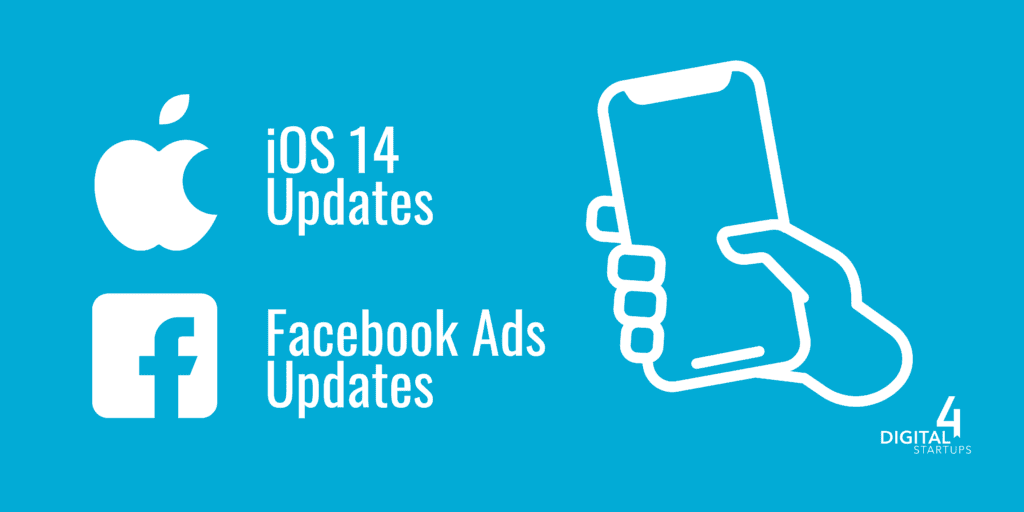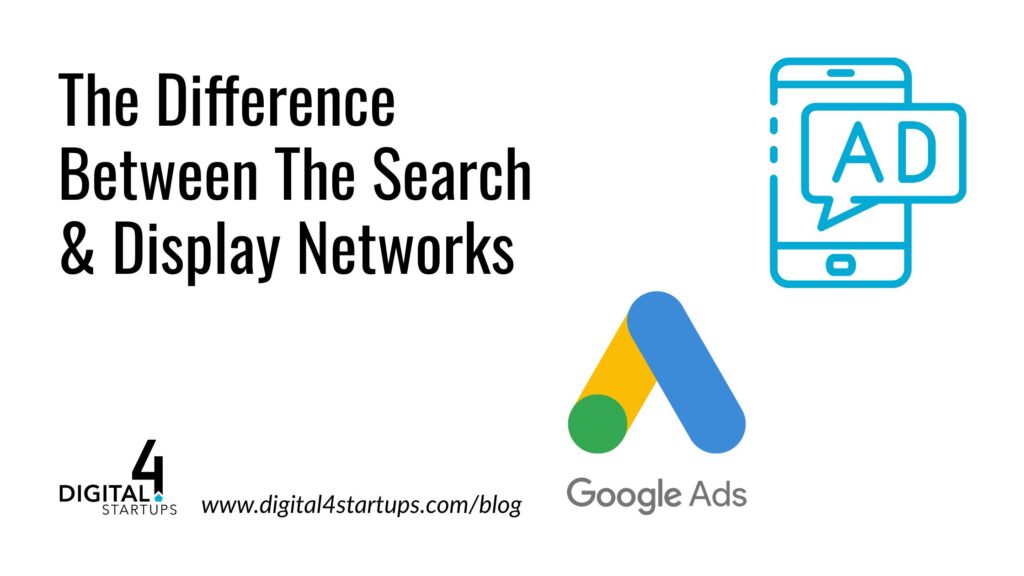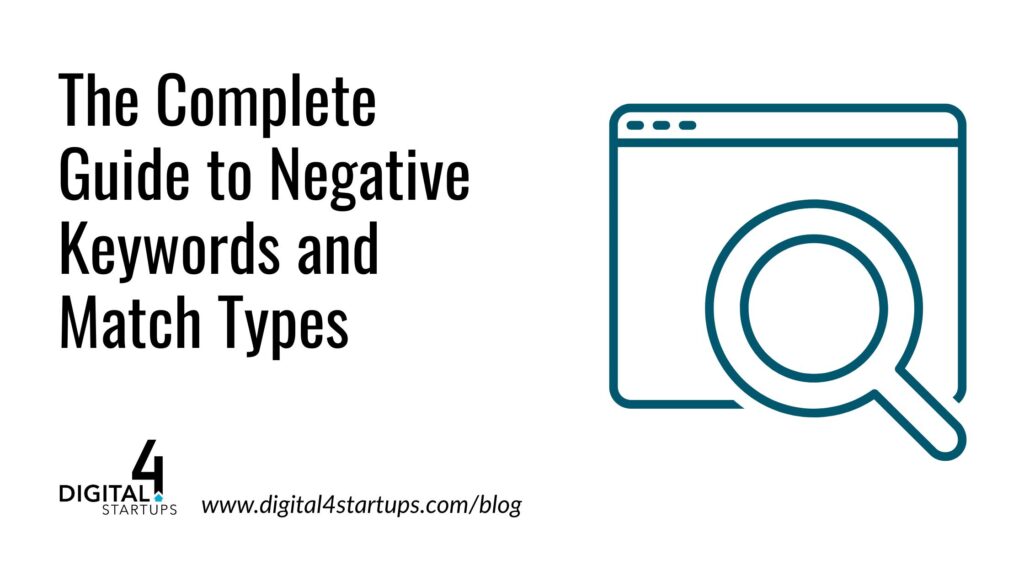Apple’s New Update + Facebook’s Changes
A few months ago, Apple announced new policy updates regarding how iOS14+ users will be tracked by third-party platforms. Apple will soon limit the third-party collection of user information that’s important for personalized advertising unless their users opt-in.
This will affect the way in which Facebook Pixels track and collect user information on your website and has prompted Facebook to introduce the initial changes they will be making to their ad platform to comply with Apple’s new framework.
Read on to learn about some of the updates to expect with Facebook advertising and the steps that you can take to prepare for them.
Audiences
With the Apple iOS updates, expect audience remarketing and ad personalization to become limited as individual user information collection is restricted. Demographic and interest-based targeting will only be slightly affected since the majority of that user data comes from Facebook, but off-Facebook audiences, like remarketing audiences, are likely to see significant changes.
In preparation, make sure you identify which ads are currently running on remarketing audiences or are being created from data that isn’t on Facebook. From there you can decide to continue running those ads knowing that the audience size will be significantly smaller, or decide to build out a remarketing list without relying on Facebook pixel data collection.
We recommend implementing Facebook’s new Conversion API tool wherever possible, an alternative to the Facebook Pixel which allows your website server to share consented user data with Facebook, bypassing the new limitations surrounding ID-based event tracking.
Event-Based Optimization
Facebook will be reducing the number of standard pixel events to 8, meaning that you may specify up to 8 events that your ads can be optimized for. In preparation for this change, make sure you take the time to highlight the actions on your website that provide the most value for your campaigns.
Once Apple’s new updates are enforced, ad sets will be paused if they are optimizing for an unavailable event. Therefore, it is recommended that you begin configuring your pixel events to adhere to the 8-event limit before the update is released to ensure a smooth transition in event-based tracking and optimization.
Additionally, in preparation for the 8-event limit, Facebook has informed its advertisers that all website domains must be verified in Facebook Business Manager (if it hasn’t been done so already) in order to establish which Business Manager account has the authority to configure and prioritize the 8 available conversion events for a given domain. We recommend completing this step as soon as possible.
Reporting
When it comes to reporting, Facebook will be introducing an aggregated reporting system, shortening the attribution windows to 7-day click-through and 1-day view-through, and applying them at the ad set level rather than at the account level.
To ensure a smooth transition between understanding the two reporting systems, you can use Facebook’s “Comparing Attribution Windows” function to compare your current conversion window data to the new 7-day click-through attribution window settings. You can also export any 28-day window historical data to have on hand when the switch is made.
In anticipation of these aggregated attribution changes, we also recommend that you configure your conversion-based events to capture users at multiple stages of your marketing funnel, ensuring that you’re collecting as much user data as possible within the 7-day window.
In Conclusion
Although it initially appeared that Apple’s new iOS privacy updates would be catastrophic to paid social media ads, Facebook’s new solutions have reassured advertisers that their Facebook ads will still be able to perform efficiently.
However, now more than ever is it important to turn to agencies to help navigate these large updates to advertising on Facebook. In moments like this where the long-term effects of these new policies are unknown, agencies will be vital in quickly navigating the changes and creating feasible and effective solutions for all of their clients.



